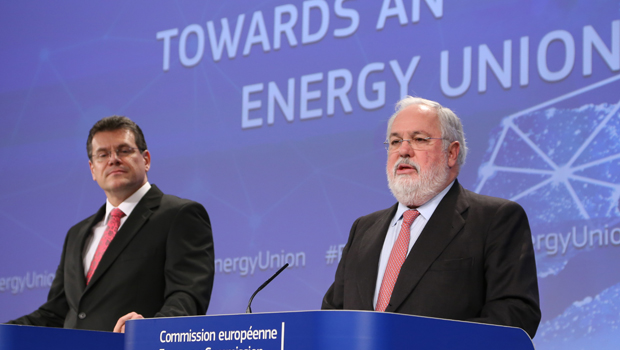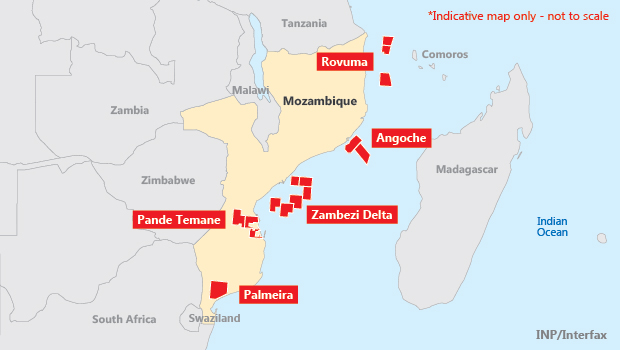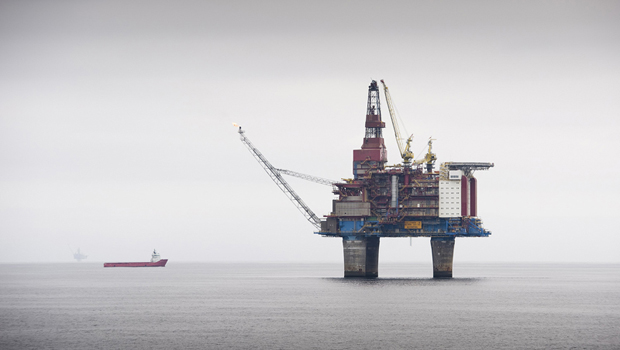Brussels stays steadfast on single purchasing
 Maroš Šefcovic (left) and Miguel Arias Cañete at the energy union press conference. (European Commission)
Maroš Šefcovic (left) and Miguel Arias Cañete at the energy union press conference. (European Commission)
The European Commission presented its long-awaited vision of an energy union on Wednesday, confirming that centralised gas purchasing between member states on a voluntary basis is still an option under consideration.
“The commission will assess options for voluntary demand aggregation mechanisms for collective purchasing of gas during a crisis and where member states are dependent on a single supplier. This would need to be fully compliant with WTO rules and EU competition rules,” the energy union communication paper said.
Speaking at a press conference in Brussels on Wednesday, the EU’s Vice President for Energy Union Maroš Šefcovic and Commissioner for Climate and Energy Miguel Arias Cañete stressed common purchasing had to be a “crisis-only solution”, and that it had to be voluntary.
However, several stakeholders in the oil and gas industry have voiced concerns that having a single purchaser of gas – whether via pipeline or LNG – could distort market signals and reduce competition.
“In the context of security of gas supply, common gas purchasing has been described by the vice president for energy union as a potentially important mechanism for consolidating the EU’s collective bargaining strength. This concept is of concern... as the proposal could prevent the functioning of the internal energy market by consolidating the dominant positions of buyers and sellers,” the International Association of Oil & Gas Producers (IOGP) said in a position paper on the energy union released this week.
As an alternative to single purchasing, the IOGP suggested exploring gas release programmes, which it said had been used effectively in member states in the past to address domestic monopolies and promote gas-on-gas competition.
“We would warn against common gas purchasing mechanisms, and we encourage the EU to instead consider gas release programmes and promote price liberalisation across member countries. In other words, to opt for measures that boost competition rather than undermine it,” Torello Alessandro, a Brussels-based IOGP spokesman, told Interfax.
Industry association Eurogas also reiterated its concerns about single purchasing on Wednesday.
“Ensuring that the approach to security of supply does not tip over into the use of instruments that counter market-based policies is a high priority,” said Beate Raabe, secretary general of Eurogas, in a statement released shortly after the energy union paper was published.
The idea of establishing a single gas buyer on behalf of EU member states was first launched by Donald Tusk – the former Polish prime minister and now president of the European Council.
“Common purchasing would be interesting particularly for Eastern European member states who combined import around 40 billion cubic metres per year of gas from Russia. If firms operating in that region would collaborate by sourcing these imports through a joint agency then it could put them in a better bargaining position and secure lower prices,” Arno Behrens, head of energy and a research fellow at the Centre for European Policy Studies, told Interfax.
“It seems doable from a legal perspective; it has worked in Japan, for instance. But it is not easy to achieve, some member states have cosy relationships with Gazprom – others do not.”
Priorities for the energy union
Among the top priorities outlined in the energy union paper are:
- More transparency in intergovernmental agreements
- LNG strategy, diversification of imports
- Review of Security of Supply Regulation (994/2010) in gas
- Review of energy efficiency legislation
- More powers for the Agency for Cooperation of Energy Regulators
LNG strategy
Among the 15 action points presented in the energy union paper on Wednesday was a “comprehensive LNG strategy”, albeit with few details so far.
“We will explore the full potential of LNG, including as a back-up in crisis situations when insufficient gas is coming into Europe through the existing pipeline system. Increases in LNG trade will help to bring world natural gas prices closer together,” the document said.
Other priorities include more transparency in intergovernmental agreements, particularly in long-term gas contracts between Russia and Eastern European member states. The paper said the commission will review the Intergovernmental Agreements Decision adopted in 2012. Currently, the commission only has the power to see supply contracts after they have been signed.
In future, Brussels wants to be informed about the negotiation of IGAs from an early stage to ensure they have standard contract clauses and respect for European competition rules.
“Without transparency on the European side, it is very difficult to play the negotiating game with the dominant supplier,” Šefcovic told the press conference.
The European Commission is investigating whether Gazprom’s long-term supply contracts with some EU member states are compatible with EU law. Concerns include destination clauses and unfair pricing. The commission is expected to announce further details about the case within weeks, Šefcovic said









